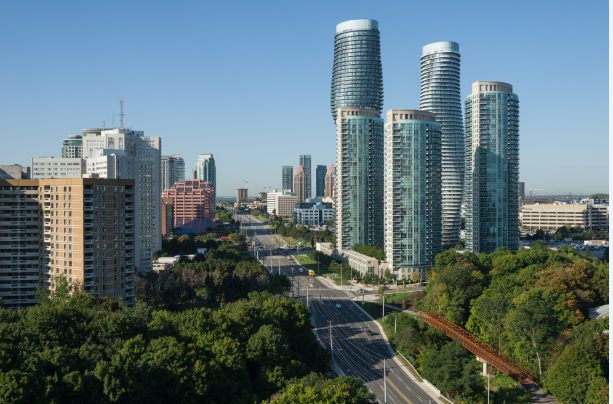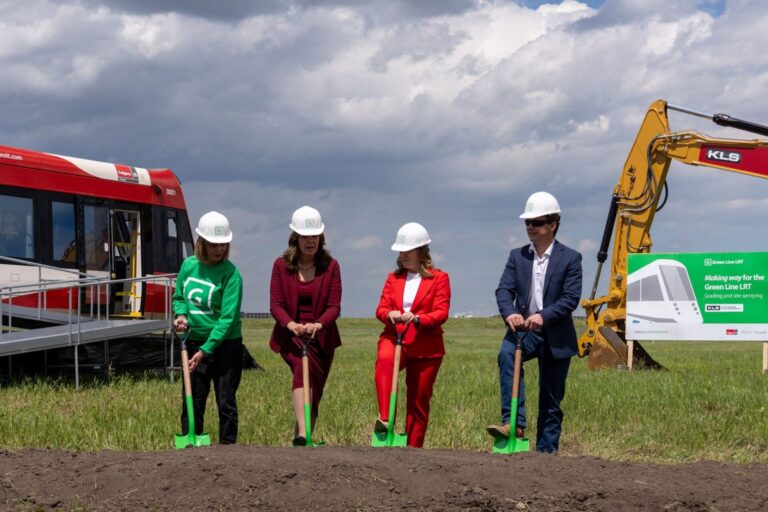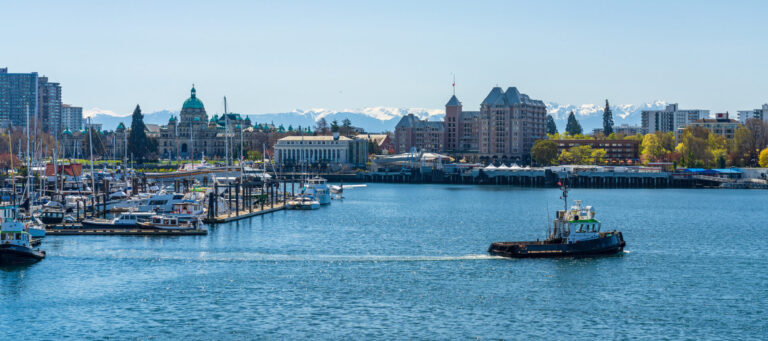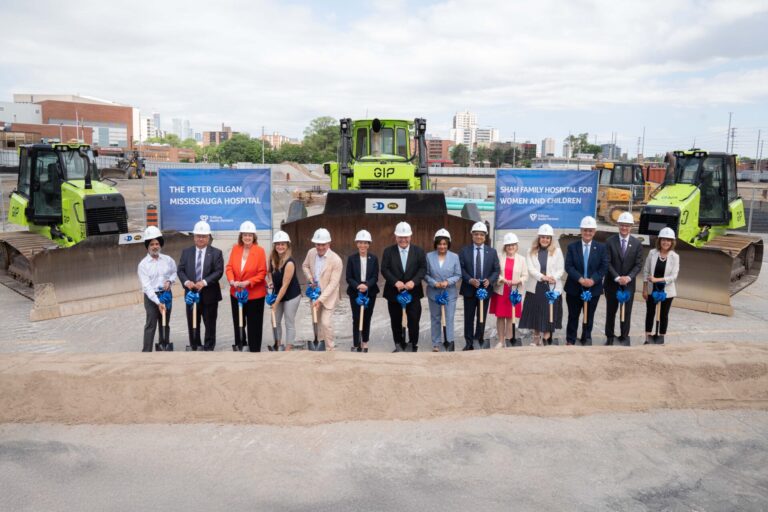The Government of Ontario announced it has introduced the Hazel McCallion Act, which would, if passed, begin the process to dissolve the Regional Municipality of Peel and make the municipalities of Mississauga, Brampton and Caledon independent.
According to the province, the plan would help ensure the continuation of high-quality services for taxpayers while improving the efficiency of local governments as they prepare for future growth, including by making good on their municipal housing pledges.
“Our government is working with our municipal partners to provide the tools and autonomy required to deliver on our shared commitments to the people of Ontario, including addressing the housing supply crisis,” said Steve Clark, Minister of Municipal Affairs and Housing. “The Region of Peel includes some of the largest and fastest-growing municipalities in Canada and is poised for significant growth over the next decade. Our government is supporting this growth by cutting red tape and improving efficiency while maintaining and improving the high level of local services Mississauga, Brampton and Caledon residents rightly expect.”
The province would establish a transition board of up to five people to facilitate this change in local government and, if needed, oversee the financial affairs of Peel and its lower-tier municipalities to help ensure prudent financial stewardship until dissolution. The board would provide recommendations to the province to help Mississauga, Brampton and Caledon prepare to become single-tier municipalities on January 1, 2025, when the proposed changes, if passed, would come into effect. If the legislation passes, names of the members of the board will be released in the coming weeks.
The dissolution process, with the support of the transition board, would help ensure a fair outcome for the three municipalities that prioritizes the preservation of frontline services and workers, respect for taxpayers and government efficiency. The process would respect and support the effective administration of local governance during and after the dissolution while providing these fast-growing municipalities with the tools needed to plan for population growth, including the tools needed to meet their housing pledges.
The transition board would help implement the province’s clear expectation that the affected municipalities work together fairly and in a spirit of partnership in order to ensure value for money and efficient, high-quality services for taxpayers. Where there are shared assets and services, the dissolution process would help ensure an equitable outcome for all residents that preserves their access to municipal services regardless of location.
In the coming weeks, the province will also name regional facilitators to assess the upper-tier municipalities of Durham, Halton, Niagara, Simcoe, Waterloo and York. These facilitators will be tasked with reviewing whether the upper-tier government continues to be relevant to the needs of its communities or whether the lower-tier municipalities are mature enough to pursue dissolution. Where they recommend that a two-tier government is still required, the facilitators will also make recommendations on how they can more effectively respond to the issues facing Ontario’s fast-growing municipalities today, particularly when it comes to meeting municipal housing pledges and tackling the housing supply crisis.
“As Ontario’s third-largest city that’s home to 100,000 businesses and the province’s second-largest economy, we’re ready to stand on our own two feet and make our own decisions about the future of our city,” said Bonnie Crombie, Mayor of Mississauga. “An independent Mississauga will allow us to be more nimble when it comes to responding to the housing crisis, increase efficiencies, reduce duplication and save residents time and money. This process will take some time and we are committed to ensuring the continuity of frontline and essential services across the Region of Peel.”
“As the Region of Peel dissolves, we will work constructively to ensure Brampton taxpayers are treated fairly. I want to thank Premier Ford for assuring the residents of Brampton they will not be shortchanged during this process. We expect to work closely with the transition board to achieve a result that respects the taxpayers of Brampton, allows our city to continue its significant growth, and treats all municipalities within Peel Region equitably,” said Patrick Brown, Mayor of Brampton.
“As one of the fastest growing municipalities in the Province, Caledon needs partners at the table to ensure we hit our growth targets when it comes to infrastructure and community service. We will work with the Province to ensure a fair transition for our town that protects our financial security and makes sure residents continue to receive the high levels of service that they need and have come to expect,” said Annette Groves, Mayor of Caledon.
Featured image: (City of Mississauga)











